Living in Fort Worth, we all rely on our air conditioners to keep us cool during the hot Texas summers. But what happens when your AC starts acting up? Before you call a technician, there are some simple fixes you can try on your own. Handling minor problems can save you time and money, and keep your home comfortable without much hassle.
Sometimes, the issue might be as simple as a tripped breaker or a dirty filter. Knowing what to look for and how to fix it can make a big difference. Many common AC problems have straightforward solutions, and you don’t need to be an expert to tackle them.
In this guide, we will explore easy steps you can take when your AC won’t turn on, troubleshooting tips for weak airflow, and how to address odd noises and strange smells. We’ll also cover what to do if your AC isn’t cooling your home properly. By the end of this article, you’ll have a good understanding of how to fix these issues and ensure your AC runs smoothly.
AC Not Turning On: Quick Checks to Perform
When your AC won’t turn on, it can be frustrating, especially during a hot Fort Worth summer. Before you panic, try these simple steps to see if you can get it running again.
First, check the thermostat. Ensure it is set to “cool” and the temperature is set lower than the current room temperature. Sometimes, the issue can be as simple as an incorrect setting. Replace the thermostat batteries if they are old or weak.
Next, inspect the circuit breaker. Your AC unit might have tripped a breaker, preventing it from turning on. Locate your home’s electrical panel and look for any tripped breakers. If you find one, switch it off and then back on to reset it. This action can often solve the problem instantly.
Look at the AC unit itself. Make sure it is plugged in securely and that the power switch is turned on. Some units have a safety switch or reset button that must be engaged for the AC to work. Press the reset button if one is present.
Additionally, check the air filters. Dirty or clogged filters can restrict airflow and cause the AC to malfunction. Replace or clean the filters if they look dirty. A clean filter can improve airflow and help your AC run more efficiently.
Lastly, inspect the outdoor unit. Ensure it is clear of debris, such as leaves and dirt, which can obstruct the fan and affect the unit’s performance. Clear away any obstructions and give the area around the unit a good cleaning to help it function properly.
Weak Airflow from Vents: Easy Troubleshooting Tips
Weak airflow from your vents can indicate several common issues. Here’s a list of things you can check and fix to get your AC blowing strong again.
- Dirty Air Filters: Check your air filters first. If they are clogged with dust and dirt, replace them with clean ones. Dirty filters restrict airflow, making your AC work harder and reducing the amount of cool air reaching your home.
- Blocked Vents: Make sure no furniture, curtains, or other objects are blocking the vents. Keep the vents clear to allow unrestricted airflow throughout your home.
- Leaky Ducts: Inspect your ductwork for any visible leaks or damage. Leaky ducts can cause the cool air to escape before it reaches the rooms. Seal any gaps or holes with duct tape or hire a professional for more extensive repairs.
- Closed Dampers: Some AC systems have dampers in the ductwork to control airflow. Ensure the dampers are open to allow maximum airflow to all rooms.
- Dirty Coils: The evaporator and condenser coils can become dirty over time, reducing their efficiency. Clean the coils if you notice dirt buildup, or schedule a professional cleaning if needed.
- Fan Issues: Check if the fan in the outdoor unit is running. If it’s not, there could be an issue with the fan motor or capacitor. These components might need repair or replacement by a professional.
Fixing weak airflow issues can significantly improve the performance of your AC, keeping your home cool and comfortable even on the hottest Fort Worth days.
Odd Noises and Strange Smells: Identifying and Addressing Problems
Your AC should run quietly and without unusual smells. If you notice odd noises or strange smells, they could indicate underlying issues. Here’s how to identify and address them.
Noises:
- Banging or Clanking: These sounds usually mean there’s a loose part or a problem with the motor. Turn off the unit and inspect for any loose components. If you can’t find the issue or the noise continues, it’s best to call a professional.
- Hissing: A hissing noise often indicates a refrigerant leak or a problem with the ductwork. Check for visible leaks and seal any you find. If the noise persists, have a technician inspect your system.
- Buzzing: A buzzing sound can be caused by electrical issues, loose parts, or debris in the unit. Turn off the AC and inspect for any obvious issues. Clear any debris and tighten loose screws.
- Clicking: Clicking noises during startup or shutdown can be normal. However, frequent clicking might indicate a problem with the electrical controls or the thermostat. Inspect these parts or consult with a professional.
Smells:
- Musty Smell: This smell usually indicates mold or mildew. Check and replace the air filters. Clean the evaporator coils and ductwork to remove any mold buildup.
- Burning Smell: A burning smell could mean an overheating motor or wiring problem. Turn off the unit immediately and inspect for any visible issues. If you can’t identify the problem, call a professional.
- Chemical Smell: This smell can signal a refrigerant leak. Open windows for ventilation and turn off the AC. Contact a technician to inspect and repair the leak.
Addressing these noises and smells can prevent minor issues from becoming major repairs, keeping your AC running efficiently.
AC Not Cooling Properly: Simple Solutions to Try
An AC that isn’t cooling properly can make hot days unbearable. Here are some simple solutions to try if your AC isn’t cooling your home effectively.
- Check the Thermostat: Make sure it’s set to “cool” and that the temperature is lower than the room temperature. If the thermostat isn’t working, try replacing the batteries.
- Clean or Replace Air Filters: Dirty air filters can restrict airflow and reduce cooling performance. Check the filters and clean or replace them if they are dirty.
- Inspect the Outdoor Unit: Ensure the outdoor unit is free of debris like leaves and dirt. Clear the area around it for better airflow. Clean the coils if they are dirty.
- Check Refrigerant Levels: Low refrigerant levels can prevent your AC from cooling properly. If you suspect a refrigerant leak, contact a professional to check and refill the refrigerant.
- Seal Leaks in Ductwork: Leaky ducts can cause cool air to escape, making your AC work harder. Inspect the ductwork for leaks and seal any gaps with duct tape or mastic sealant.
- Make Sure Vents Are Open: Closed or blocked vents can restrict airflow. Ensure that all vents are open and free of obstructions like furniture or curtains.
These simple solutions can improve your AC’s cooling performance and keep your home comfortable even on the hottest days in Fort Worth.
Conclusion
Tackling common AC problems with these simple fixes can keep your home comfortable and your unit running smoothly. Performing quick checks when your AC won’t turn on can often resolve the issue without needing a professional. Ensuring strong airflow by addressing common causes like dirty filters, blocked vents, and leaky ducts can make a significant difference in your AC’s performance.
Identifying and addressing odd noises and strange smells quickly can prevent larger, more expensive problems down the line. Lastly, trying simple solutions when your AC isn’t cooling properly can help maintain a cool and comfortable home environment even during the hottest Texas days.
If you’ve tried these fixes and still face issues, it’s wise to seek professional help. For expert assistance and reliable HVAC services in Fort Worth and Dallas, contact Spire Heating and Air Conditioning. Keep your home cool and comfortable with our professional care.


